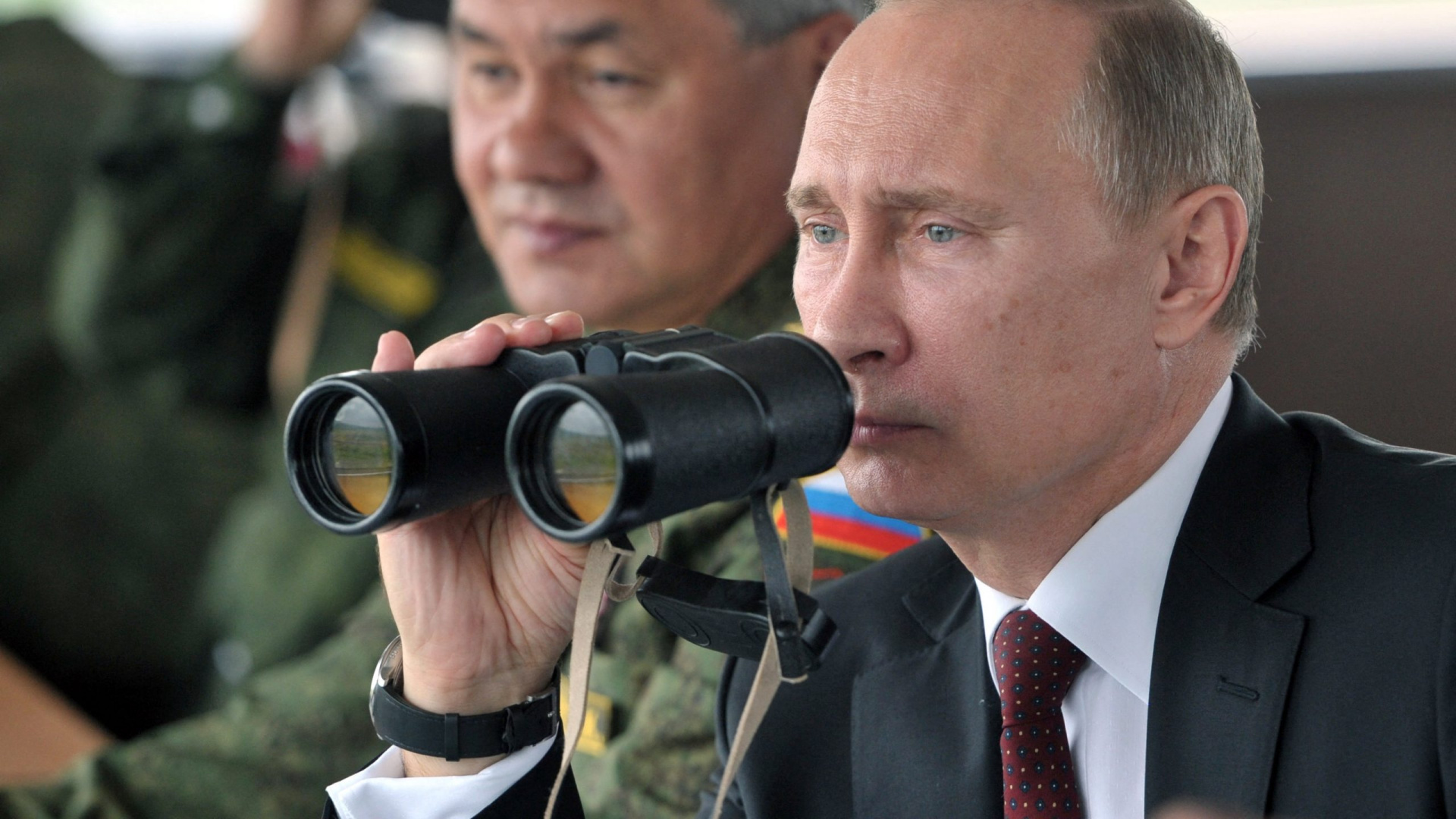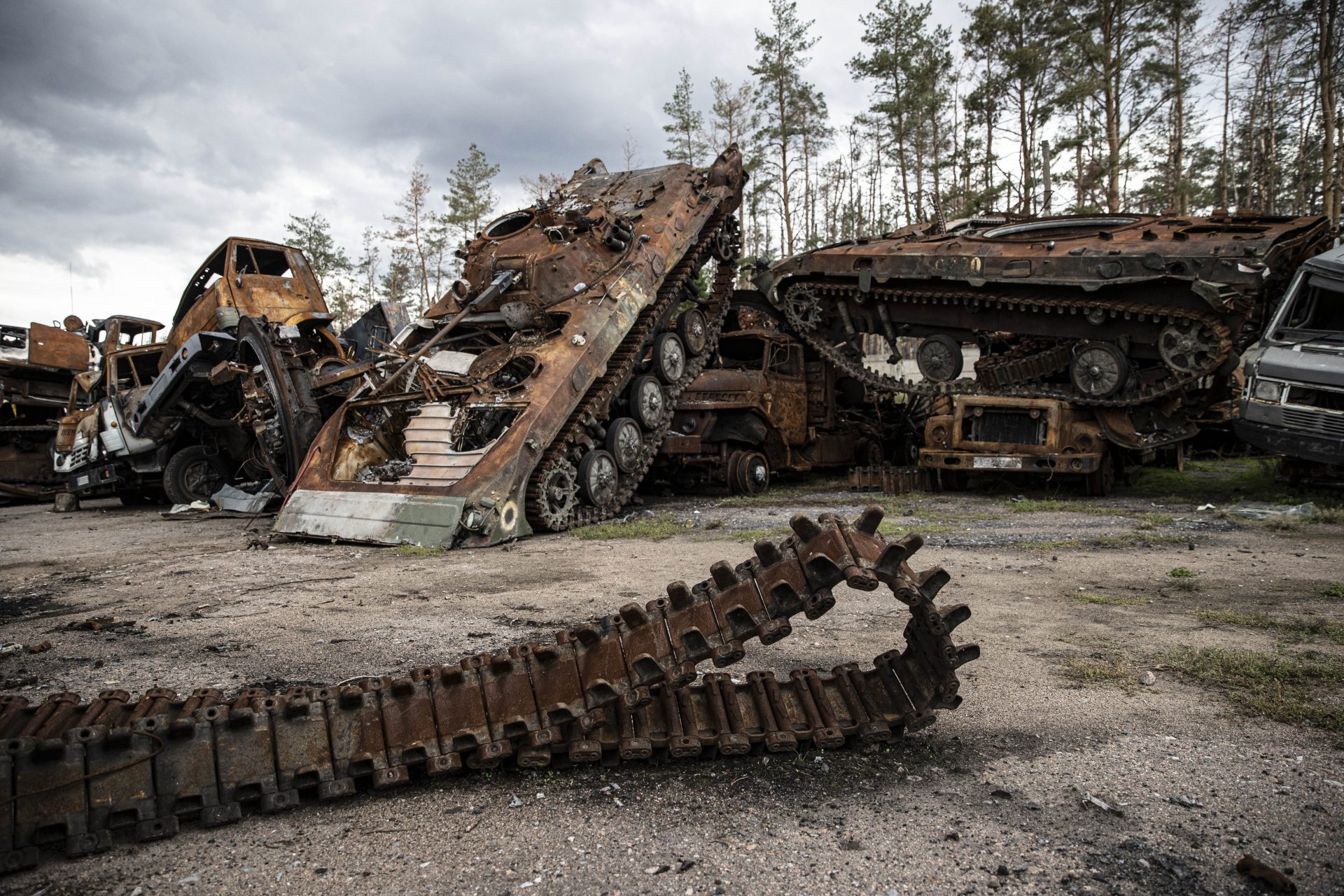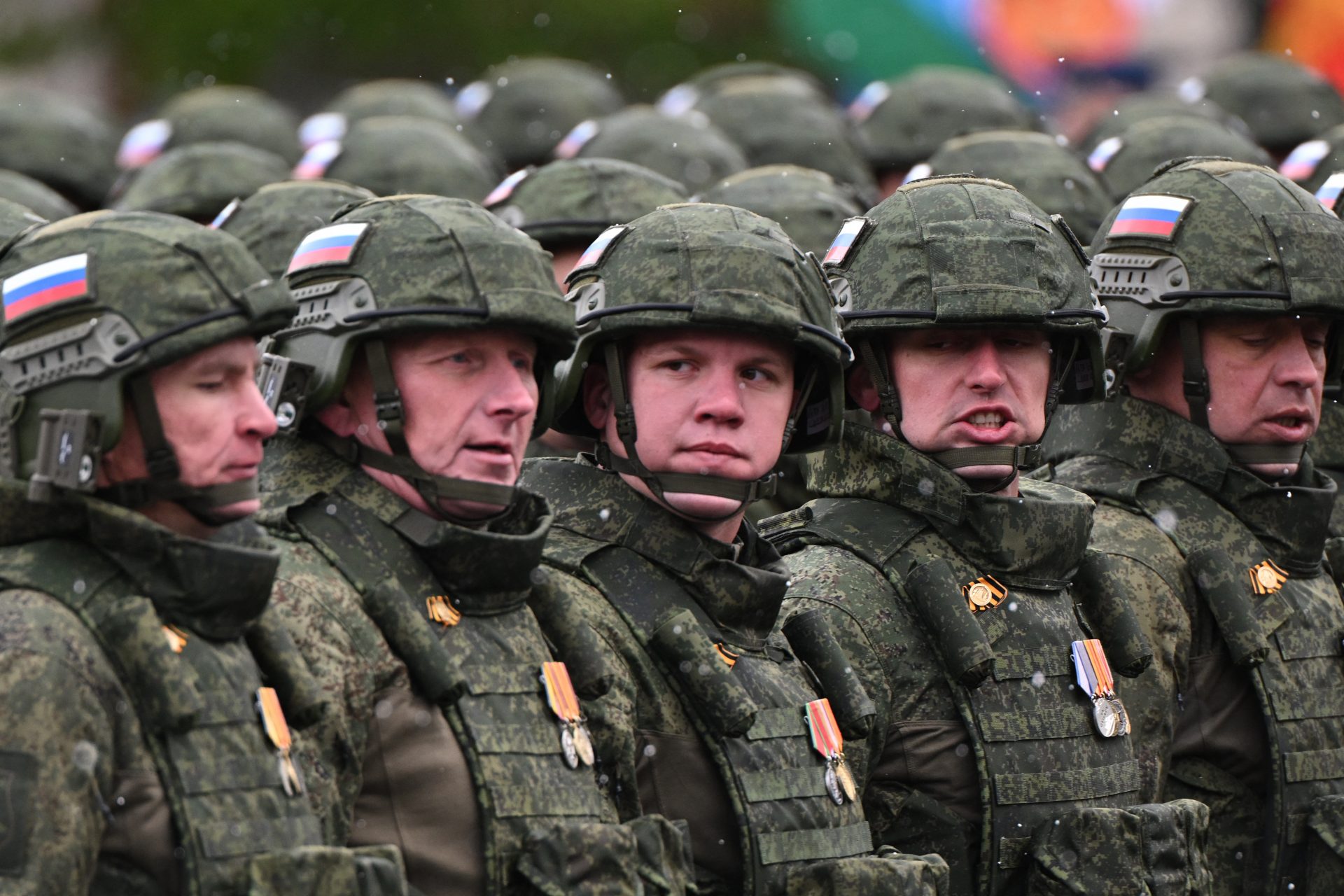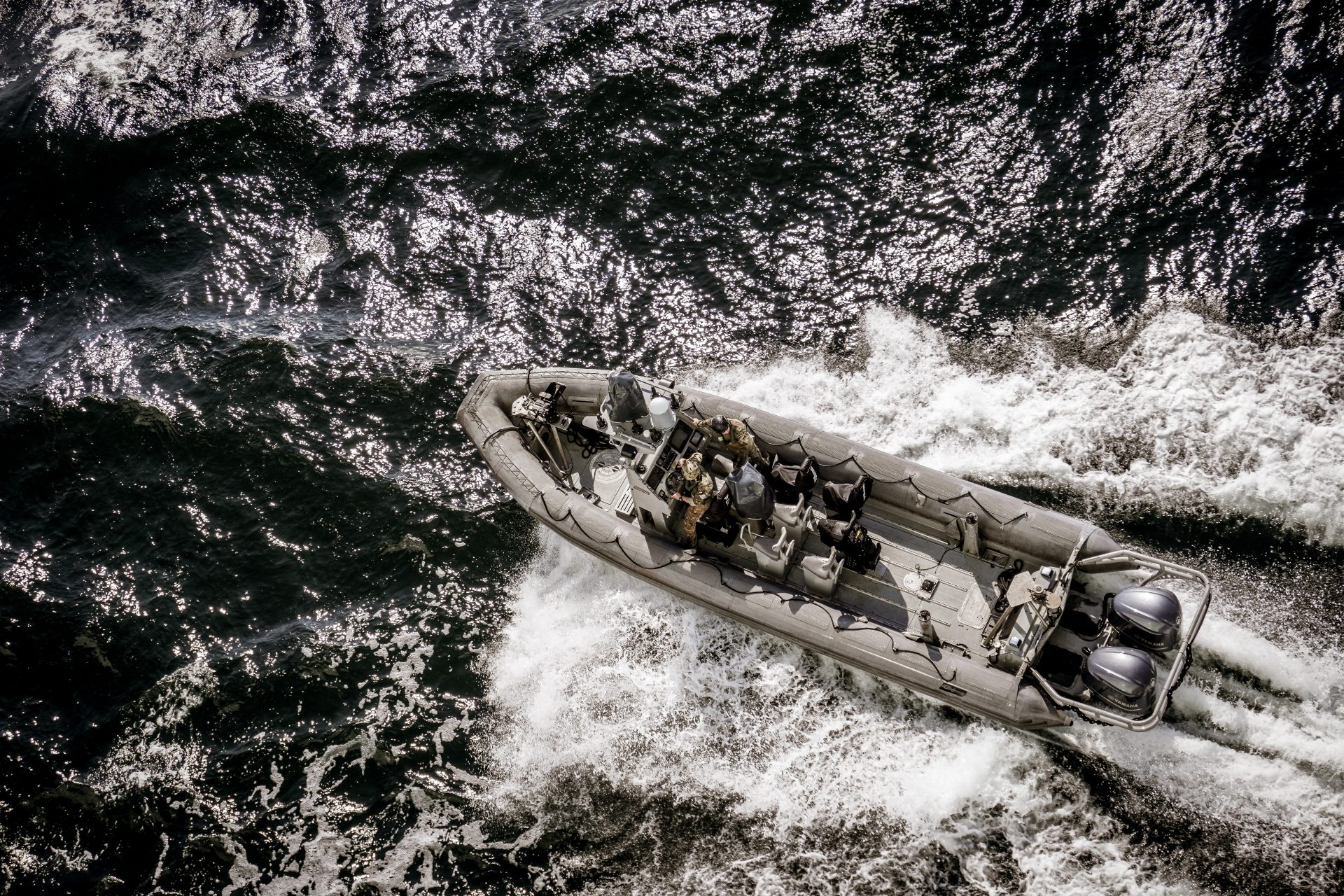Survivors of ISIS genocide upset over a court order to return terrorists to Canada
It has been more than three years since the last territory held by the Islamic State of Iraq and al-Sham fell, and since that time the world has been grappling with the decision on what should be done with former ISIS members.
Several countries in Europe and the Middle East have refused to repatriate former ISIS fighters and members, while others like Canada have taken a different approach.
On January 19th, the Canadian government finally agreed to repatriate six women and thirteen children based on the argument that not doing so would violate their charter rights according to CBC journalist Darren Major.
The move to return former terrorists to Canada isn’t sitting well with those who suffered through the Islamic State’s brutal campaign of violence and fled to Canada as refugees.
“Survivors of the ISIS genocide campaign say the court order brings fear [and] anxiety,” wrote Evan Dyer in a January 30th article examining the thoughts and feelings of those who suffered under ISIS rule.
"When I first heard the news, I felt the strength leave my body," Huda Ilyas Alhamad told CBC News during an interview regarding the return of former ISIS members to Canada.
Alhamad is one of the thousands of surviving members of the Yazidi genocide who made their way to Canada according to Dyer, and she spent years serving as an ISIS slave during the terrorist's groups peak of power.
"I had to sit down right away,” Alhamad told CBC News, “I was heartbroken and terrified at the same time…”
“On one hand they had promised to protect us and bring us here and give us safety, and on the other hand they're offering that same entryway for these very people who [sexually assaulted] and tortured us on a daily basis," Alhamad said.
The Yazidi are members of a predominantly Kurdish-speaking ethnic group of roughly 700,00 people whose territory straddles the northern borders of Iraq according to The Guardian’s Raya Jalabi, and they practice a monotheistic religion that was derived from Zoroastrianism.
In 2014, ISIS embarked on a brutal campaign to exterminate the Yazidi. On August 3rd the terrorist group took over Sinjar in northern Iraq, a city made up mostly of the Yazidis, leading to the expulsion of hundreds of thousands and the deaths of roughly 5000 according to Wikipedia.
Canada resettled roughly 1400 Yazidis according to statistics from the government's department of Immigration, Refugees, and Citizenship, and many of these survivors are upset about the decision to repatriate former ISIS members.
Jamileh Naso is the President of the Canadian Yazidi Association and she told CBC News that the repatriation of ISIS members has left many in her community feeling "heartbroken and betrayed."
"A lot of them just broke down into tears because they thought this news was completely unbelievable,” Naso told Evan Dyer. “It can't be true."
"We have submitted applications for family reunification to reunite with our family members who were in ISIS captivity,” Naso added, and “here they are bringing the perpetrators of these crimes of genocide to Canada.”
Naso fears that the 19 ISIS women being repatriated won’t stand trial for the part they played in the genocide of her people.
“The evidence is not here and the witnesses aren't here,” Naso said. “They are giving a free pass for their part in genocide and terrorism.”
"It's really disappointing, not just for those in the Yazidi community, but for those across Canada who believe in liberal values, and that we should be a country that's standing up for victims and survivors," Naso added.
For Alhamad, the news of the repatriation of former ISIS members to Canada spurred memories of her capture and time as a slave for the Islamic State.
Alhamad told her heartbreaking story to CBC News and explained how she, along with girls as young as ten, were sold and sexually assaulted by ISIS fighters. But she made a point of stating that it wasn’t just the men who made their lives terrible, but rather the women.
"The women were worse than the ISIS fighters," Alhamad said, adding that "the women would beat us constantly."
"They would refuse to feed us. I would usually get beaten with a cable by the wives of the ISIS fighters, and they would laugh at me, they would spit at me, they would kick me, and that was on a daily basis,” Alhamad recounted.
“And then when their husband would come, he would [sexual assault] me," the former ISIS slave concluded, revealing the true horror of her time in ISIS captivity.
Jamileh Naso noted that almost every female Yazidi refugee that made their way to Canada had a story like Alhamad’s, which explains why so many are heartbroken by the decision to bring some former ISIS members back to the country they now call home.
"Almost all of them can tell you that when they were in captivity, the women played as much of a role as the [ISIS] fighters did in torturing them, in keeping them captive, in keeping notes on them and saying what they were doing, constantly beating them," Naso told CBC News.
"The females had just as much to do with the inhumane treatment of the Yazidis as the men did," Naso added, making anyone who hears these stories question the court’s decision to bring former ISIS members into Canadian society.
More for you
Top Stories







































